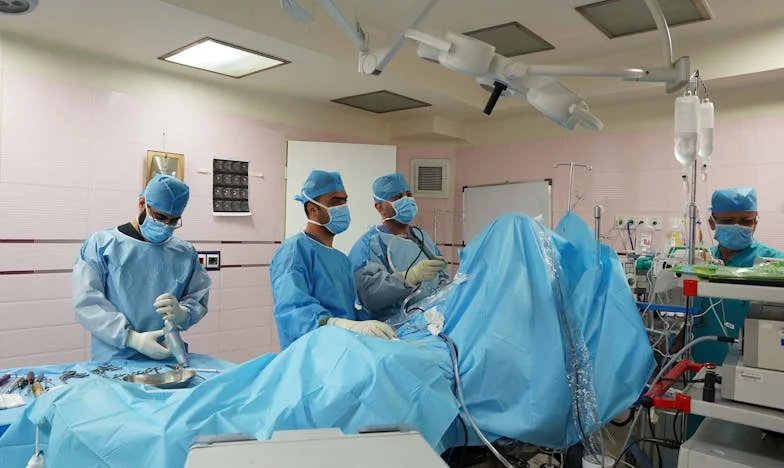“When My Mother-in-Law Was Discharged from the Hospital, I Was Told I Had to Visit Twice a Day”
Three weeks ago, my mother-in-law, Mary, was admitted to the hospital. She had been feeling unwell for some time, and after a series of tests, the doctors decided it was best for her to stay under their care. The family was relieved; we knew she would be in good hands with the specialists.
Mary’s condition improved gradually. The doctors were optimistic, and after three weeks, they decided she was well enough to go home. We were all thrilled to have her back, but we were also aware that she would need continuous care and attention.
The day Mary was discharged, the hospital staff gave us a detailed list of instructions. They emphasized that someone needed to visit her twice a day to help with her medication, meals, and general well-being. As the primary caregiver in the family, this responsibility fell on me.
At first, I was determined to manage everything. I adjusted my work schedule and made sure I was there for Mary every morning and evening. The first few days went smoothly. Mary seemed to be in good spirits, and I was hopeful that she would continue to recover at home.
However, as the days passed, it became clear that things were not going as planned. Mary started to show signs of confusion and agitation. She would forget to take her medication and often refused to eat. I tried my best to keep her comfortable and follow the hospital’s instructions, but it was becoming increasingly difficult.
One evening, I arrived at Mary’s house to find her in a state of distress. She was disoriented and didn’t recognize me. I called the doctor immediately, and he advised me to bring her back to the hospital. The family was devastated; we had hoped that bringing her home would help her recover faster.
Back at the hospital, the doctors ran more tests and discovered that Mary’s condition had worsened significantly. They explained that she needed more intensive care than we could provide at home. It was a heartbreaking realization for all of us.
Mary was readmitted to the hospital, and this time, the prognosis was not as hopeful. The doctors informed us that her condition was deteriorating rapidly and that there was little they could do to reverse it. We were faced with the harsh reality that Mary might not recover.
The family gathered around her, trying to provide as much comfort and support as possible. We took turns visiting her, ensuring she was never alone. Despite our efforts, Mary’s health continued to decline.
In the end, Mary passed away peacefully in the hospital. It was a difficult time for all of us, but we found solace in knowing that she was no longer in pain. The experience taught us the importance of professional medical care and the challenges of being a caregiver.
Looking back, I realize that we did everything we could for Mary. While it didn’t have the happy ending we had hoped for, we were there for her when she needed us most. It’s a reminder that sometimes, despite our best efforts, things don’t always go as planned.
